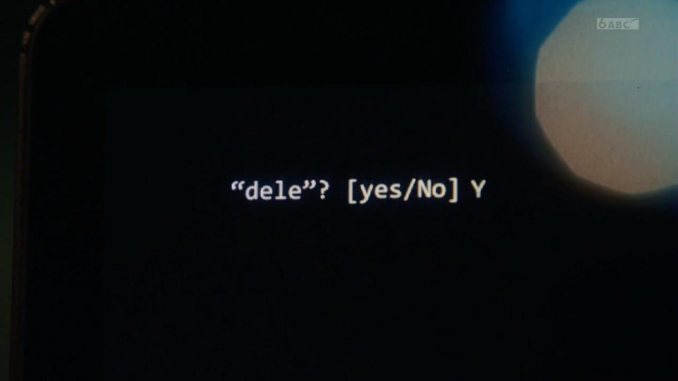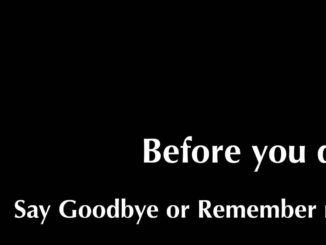
What is my story and which publication am I looking forward to?
I have an interest in the topic of “digital death”. Because of the COVID-19 coronavirus pandemic, the increasing cases of deaths every minute in Australia and around the world upset people. The distance between life and death seems to be only a few days. While tributes began flooding the web, I’m also thinking about what to do with the large digital footprint the dead people have left behind: the photos and videos they had shared online, the emails they had sent, the online books or music they had subscribed. Through this feature story, I hope to explore whether the digital assets left by the deceased should be farewell or immortal. This is important for the deceased’s friends and family, for technology companies like Facebook and Twitter, for the legislation or organizations around digital legacy. It seems appropriate for people to think about their digital legacy in the same way they think about physical legacy. So the feature is considered to be current and relevant. My desired publication is the Guardian, the possible audience for this feature is open-minded and active online (media kit, the guardian), I suppose they will expect a news topic that deserved to be discussed and debated.
What information have I found so far?
- Background information: An academic analysis shows that by 2050, Facebook will have more dead users than living ones, and the number of dead people on Facebook is predicted to reach 4.9 billion by 2100.

Dr. Elaine Kasket shows the previous ignorance of the issue
The controversial progress that Twitter deals with the “inactive accounts”.
TV series talking about “digital death” and its surrounding practices, for example, Black Mirror (Series 2, Episode 1, be right back) is a story that Martha uses her dead boyfriend ash’s tweets to create another artificial intelligence “ash”.
These prove the need and urgency to talk about “digital death”.
- Some past news about the digital legacy controversy.
A Canadian widow is not be allowed to access her late husband’s Apple account
German couple appealed to Facebook to allow them to access their dead daughter’s account
A feature story about a girl who comforts herself by her dead sister’s social media accounts
- The current actions by companies:
- Several relative organizations in Australia:
ACCAN: “Your digital legacy”
Australia’s national independent regulator for online safety: “Plan digital legacy”
How will I structure the feature?
The interviewees I am contacting: A digital asset lawyer or expert who works for Digital Legacy Association; A person who lost loved ones due to the coronavirus and I have sent several private messages to whom have posted memorial blogs.
I am going to adopt sub-headings to make my news feature SEO and comprehensive. These are provisional sub-headings and may be revised according to my interview works.
- Online ghosts in the digital eras
- what happens to your online data after die
- Say farewell or remember me? Plan it earlier
How to achieve a better online delivery?
- Hyperlinks to the online resources
- Embedded social media platforms
- A question to readers on how they will handle their “digital assets”
- Relative images



Hi Yumeng, I like your idea very much. The topic is timely but also timeless. And your topic relates to most people currently. And your angle on whether the digital assets left by the deceased should be farewell or immortal is controversial and worth to discuss. Your online resources are rich and relevant. And your interviewees seem like they would talk many professional arguments.
However, for the first part of the article, I think you can have clearer paragraphs. It is better to separate the story section and the publication part. And I think you miss the information about the target audiences. I’m interested in your topic and looking forward to your story!
Thank you Esther, I will pay more attention to the utilize of chunks in my feature:)!